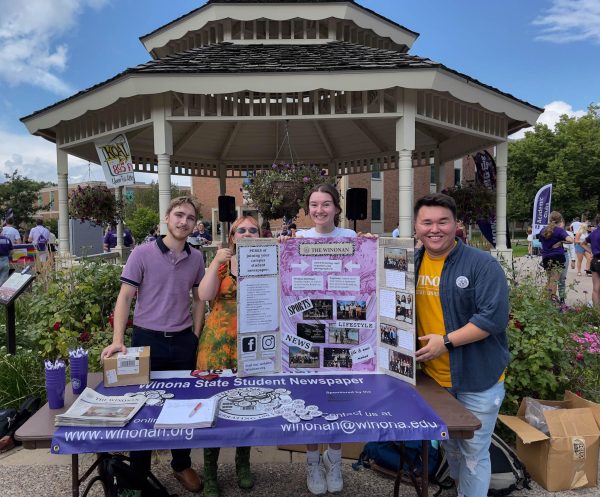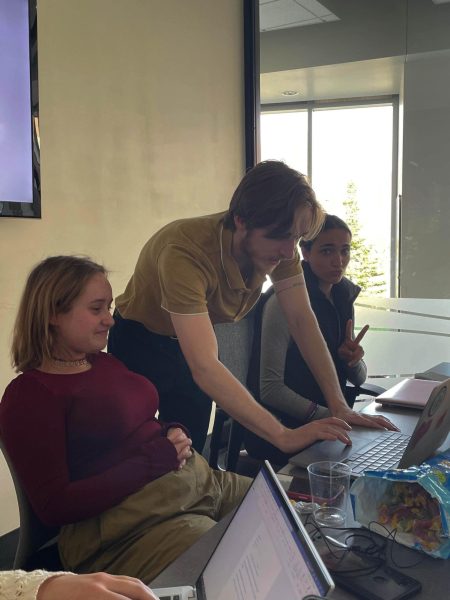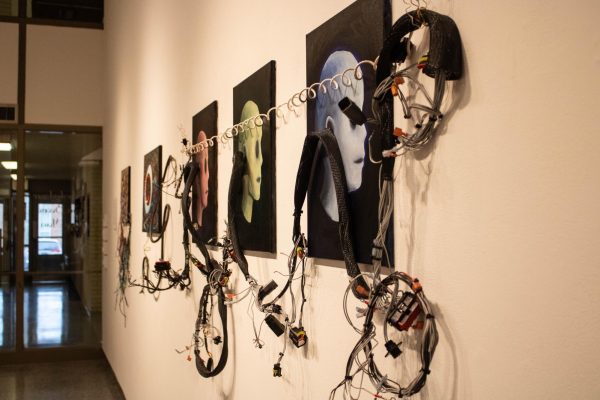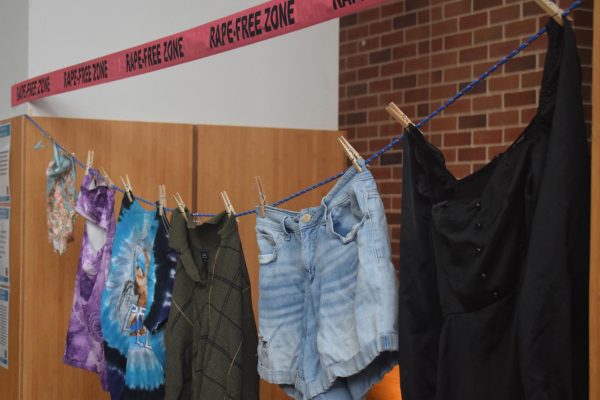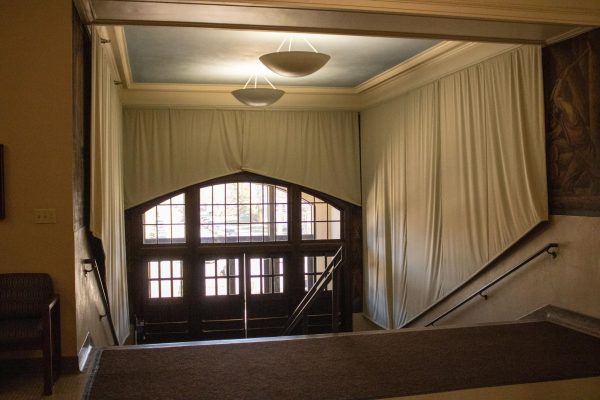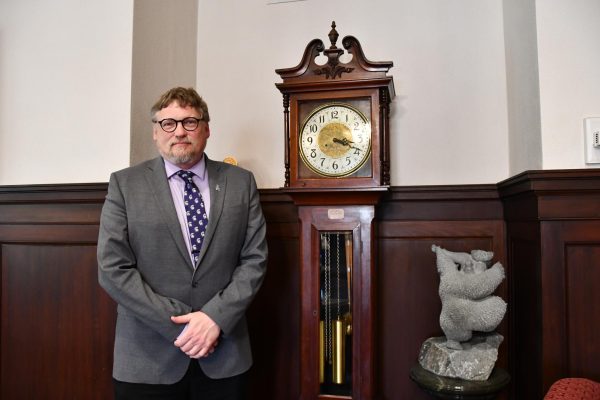Sexual assault advocates express budget cut fear

October 16, 2019
With all the changes in response to sexual assault within the past 10 years, many considerations have been made for how survivors can heal from trauma.
However, a forgotten group of people have to deal with budget shortages, long hours, secondary trauma and burnout: the advocates for sexual assault survivors.
With the $600,000 in grant money Winona State University has received in the past six years, about $63,000 of it has gone to employ peer advocates, who are paid $10 an hour.
These advocates are trained by the Women’s Resource Center of Winona. Students take a class and must complete at least 45 hours of specialized training in order to be considered a trained advocate. This includes everything from listening to guest speakers to practicing phone calls in the classroom.
From there, these students work to educate, prevent sexual assault and work with those who have been assaulted. Emma Severson, a social work major and trained advocate, explained how much they do.
“As an advocate, I hold the 24/7 confidential helpline that we display all over campus,” Severson said. “It also serves as a way to help those who are victims get the right resources they need. I also give many presentations around campus about bystander intervention, consent, and the forms of gender-based violence.”
However, because of the traumatic nature of their jobs, trained advocates are at greater risk for burnout and secondary trauma.
Janet Miller, whose name has been changed to protect her identity, was also a trained advocate and carried out the same duties as Severson.
“Being an advocate is physically, mentally and emotionally exhausting, and often results in burn out and secondary trauma,” Miller said. “This isn’t due to a fault or weakness in the advocates. It’s a common symptom of being in a helping profession that regularly deals with trauma.”
Severson agreed, stating that it is even more difficult walking around campus, knowing that the people she sees in class or at the gym could be going through such a traumatic process of sexual assault or domestic violence.
“It is also hard when you know that not every victim will get the justice they deserve. Fighting the system is hard and exhausting,” Severson said. “To prevent it, I debrief with my co-workers a lot. We have an extremely tight-knit crew at the RE Initiative and I would not be able to still be doing this without them.”
With the new budget cuts and potential discontinuation of the grant money which has funded most of the advocate training, more and more stress can be placed on advocates as they start to figure out what to do if money is taken away from their program.
Though Miller’s experience was difficult, she has faith that it can change for the better for advocates.
“I don’t think there was a strong understanding among the leadership of what it was like to be in the advocate role,” Miller said. “I think if there was better communication among all levels of the organization, especially pertaining to the needs of the advocates, then maybe some simple oversights that added unnecessary additional stress could be avoided.”
The National Voice of Domestic Violence offers tips for self-care for advocates, and they agree with Severson that debriefing with fellow advocates can be exceptionally helpful. They also recommend spending time with loved ones, finding a way to disconnect from work, being gentle to yourself in times of stress and even seeing a therapist.




























































